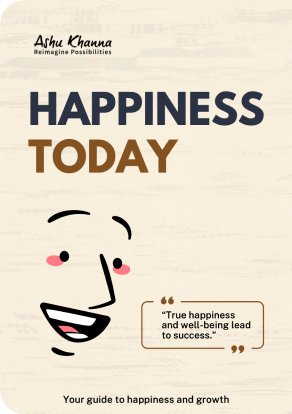Work-life balance has always been a significant topic, but how different generations perceive and approach it varies. Gen Z (born between 1997-2012) and Millennials (born between 1981-1996) hold distinct views, shaped by their unique life experiences, technological advancements, and workplace environments. This blog explores their perspectives on work-life balance, highlighting key differences and commonalities.
Millennials grew up in an era of rapidly evolving technology but were not fully integrated into their childhood. Many entered the workforce during or after the 2008 economic downturn, fostering a "work hard, achieve more" mentality. For them, work-life balance often means finding ways to excel in their careers while maintaining personal lives.
1. Career-Driven: They value promotions, financial security, and job stability.
2. Blurred Boundaries: Millennials often work beyond typical hours to prove themselves.
3. Compromising mental health: Sacrificing personal time for long-term career goals is common.
4. Partnering with Technology: Millennials adopted technology in their youth.
5. Brand Preferences: Millennials show stronger loyalty to trusted brands and organizations.
Gen Z, having grown up in a digital-first world, prioritizes flexibility and mental health. They are vocal about their needs and less likely to compromise their well-being for work. This generation is shaping a culture of balance that aligns with personal values.
1. Purpose-Driven: Gen Z seeks roles that align with their values and provide meaningful contributions.
2. Value balance: They prefer remote work or hybrid models that allow them to balance life effectively.
3. Mental Health Focus: Conversations about burnout and mental health are significant.
4. Partnering with Technology: Gen Z got introduced to technology from the start, and hence, they adapt quickly to workplace tools.
5. Brand Preferences: Gen Z favour businesses that are focused on sustainability and ethical practices.
Learn how AI is helping young leaders make smart decisions and build a better, more balanced future at work in our blog The Power of AI in Leadership.
Both generations emphasize flexibility, inclusivity, and diversity in the workplace. Employers can consider the following strategies to bridge the working styles:
While Millennials and Gen Z share some overlapping values, their perspectives on work-life balance reflect their distinct generational experiences. Employers must understand these differences to create environments that support diverse needs. By fostering balance, flexibility, and inclusivity, organizations can leverage the strengths of both generations to build thriving workplaces.



